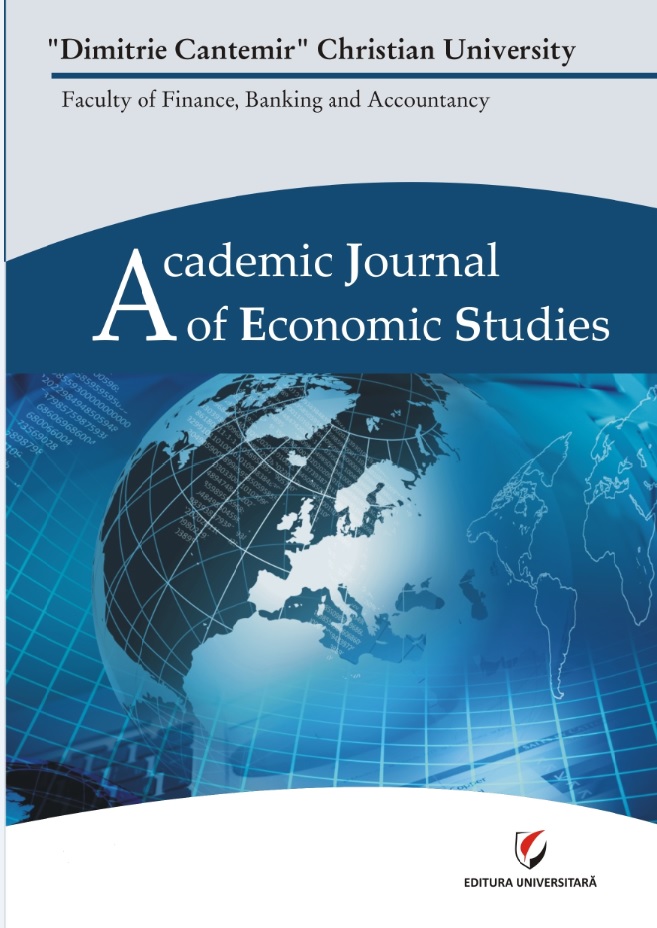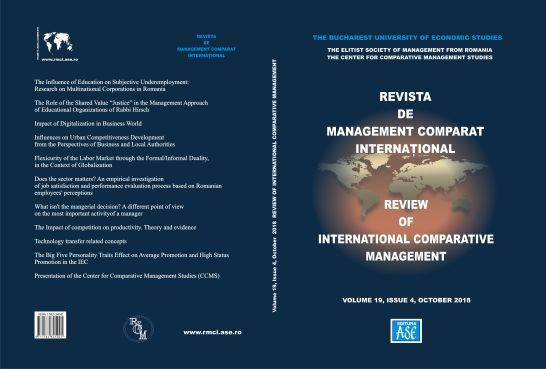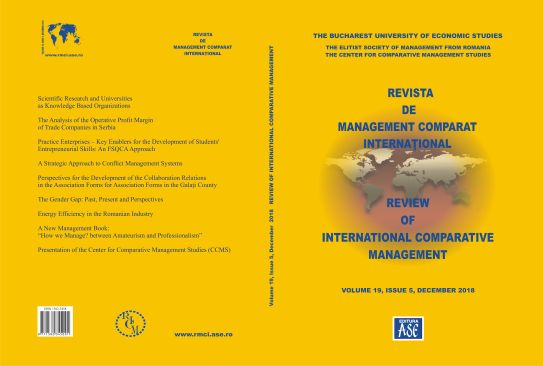
DETERMINANTS OF BUSINESS LOAN DEFAULT IN GHANA
The initiation, funding, servicing and monitoring of loans by financial intermediaries has been done without regard to some critical factors which could have averted the likelihood of default. The study aimed at measuring the extent that owner-specific, borrower-specific, loan and lender-specific characteristics could determine the probability of loan default. The study used logistic regression for 224 business customers of a bank in Ghana from its nation-wide branches. The study found that owner’s extra income (ownership characteristics), multiple borrowing, diversion of loan purpose (borrower characteristics), loan price, loan purpose, loan age, repayment plan (loan characteristics) and underfunding (lender characteristics) significantly determined the probability of business loan default. The overall model predicted up to 78.5% of variations in the likelihood of default. The hierarchy of strong determinants given by their odd ratios were loan purpose (47.9 times), underfunding (19.2 times), diversion of loan purpose (11.7 times) multiple borrowing (9.4 times) and owner’s extra income (8.2 times). The study can conclude that financial intermediaries should be wary of the credit granting process taking cognisance of ownership, borrower, loan and lender characteristics especially the significant predictors. Combining quantitative and qualitative variables as determinants of default could be considered in future.
More...







